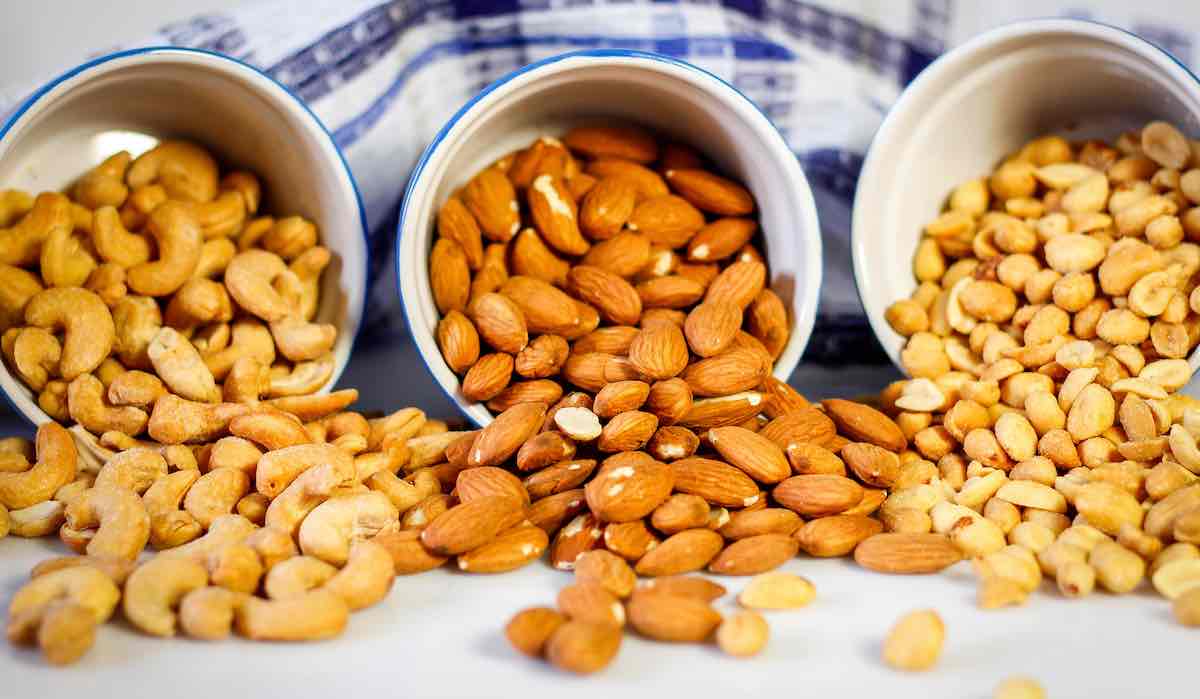It’s hard to imagine a more frustrating feeling than lying in your bed trying to fall asleep without the sandman coming by to help in the hours after you’ve turned off the lights.
Sleep along with diet, stress management, physical activity, and carcinogen avoidance have in recent years become more and more involved in helping the medical field create the picture for a healthy lifestyle.
There is a large body of scientific work which suggests that sleep-deprived individuals seek out easily palatable foods such as the simple sugars and heavy-hitting carbohydrates found in typical junk food. It’s speculated that as the number of hours between sleeps increases, the brain tries to find larger sources of energy in order to keep itself awake.
This is why certain countries – like Denmark – labeled nighttime shift work as a possible carcinogen.
RELATED: Acupuncture Could Be a Non-Pharmaceutical Source of Pain Relief for Those Resisting Opioids
However, there are a number of foods which seem to reduce the time it takes to fall asleep and improve overall sleep quality.
So which foods are they? Notepads out, ladies and gentlemen.
Our brains produce a hormone called melatonin (also known as the sleep hormone) which is suppressed when we are awake during the daytime and becomes more active when the sun goes down as part of our circadian rhythms. Melatonin production seems to be closely correlated to the intake of an essential amino-acid called tryptophan which can only be acquired through dietary sources.
MORE: New Study Shows That Weight Loss Can Be Boosted Fivefold Thanks to Novel Mental Imagery Technique
A team of Japanese researchers demonstrated that the combination of a breakfast consisting of tryptophan rich foods, followed by exposure to bright light during the day time, resulted in much higher concentrations of melatonin in the saliva and urine during the nighttime.
Tryptophan is present in protein-rich food sources such as red meat, poultry, eggs, and fish. Fish is an especially good choice due to the presence of essential B vitamins that increase tryptophan in your body, while fish with bones, such as mackerel, sardines, and anchovies are even better for attaining good quality sleep due to the magnesium content.
There is also hope for our vegetarian and vegan readers since there is tryptophan and B vitamins that are also present in beans, lentils, and tofu. Nuts and seeds, such as cashews, almonds, flaxseeds, pistachios, chia seeds, sunflower seeds, hazelnuts, and especially pumpkin seeds are also notoriously high in tryptophan.
CHECK OUT: Got Kidney Stones? Ride a Roller Coaster, Says Study
Finally, if you find yourself starting to feel less peckish, chamomile tea (though not technically a food) has been shown to improve sleep quality and help people fall asleep 15 minutes faster than non-tea drinkers.
And remember, the time that it takes for tryptophan to work its magic on your melatonin is a lengthy process that takes a little over an hour; so try and plan out a meal for at least an hour before your bedtime.
But if you’re a busy bee and you’ve left it late, cheese, partly-skimmed milk, or a small banana are all good options if you find yourself hungry just before bedtime.
Don’t Let Your Friends Snooze On These Helpful Hints: Share Them To Social Media – Photo by Marco Verch, CC




















